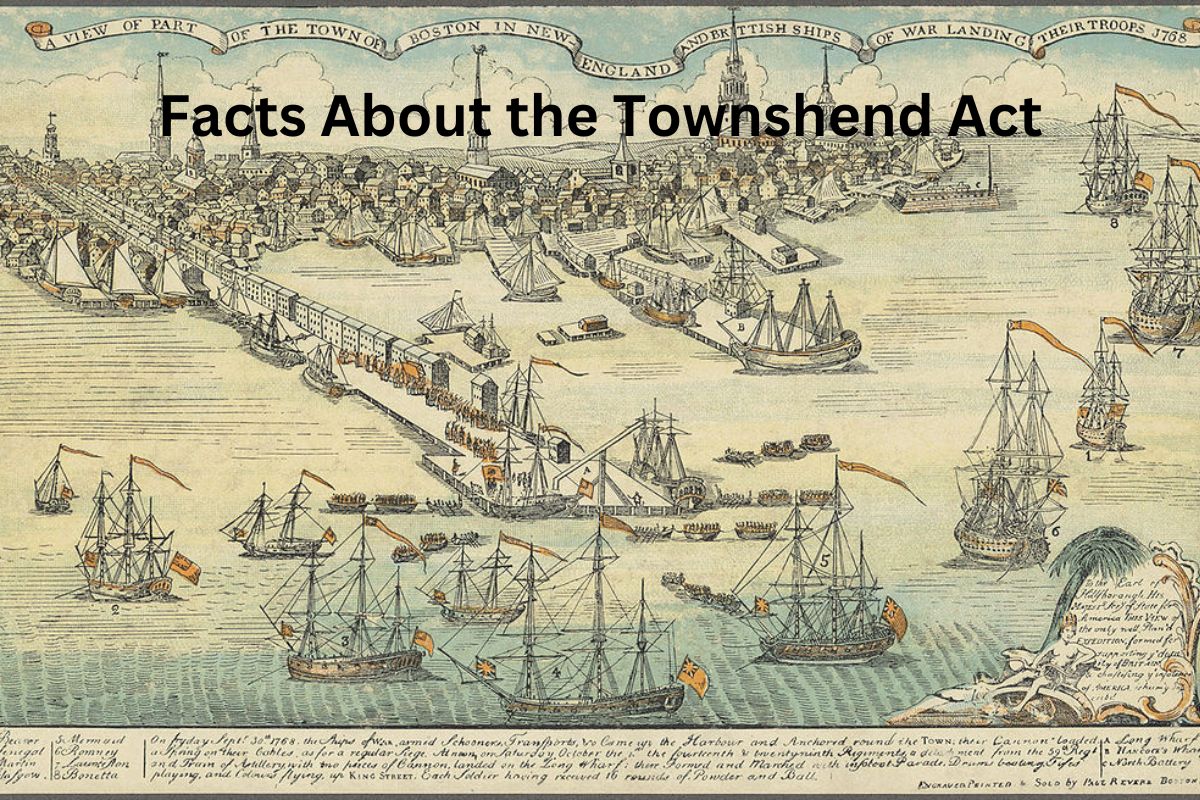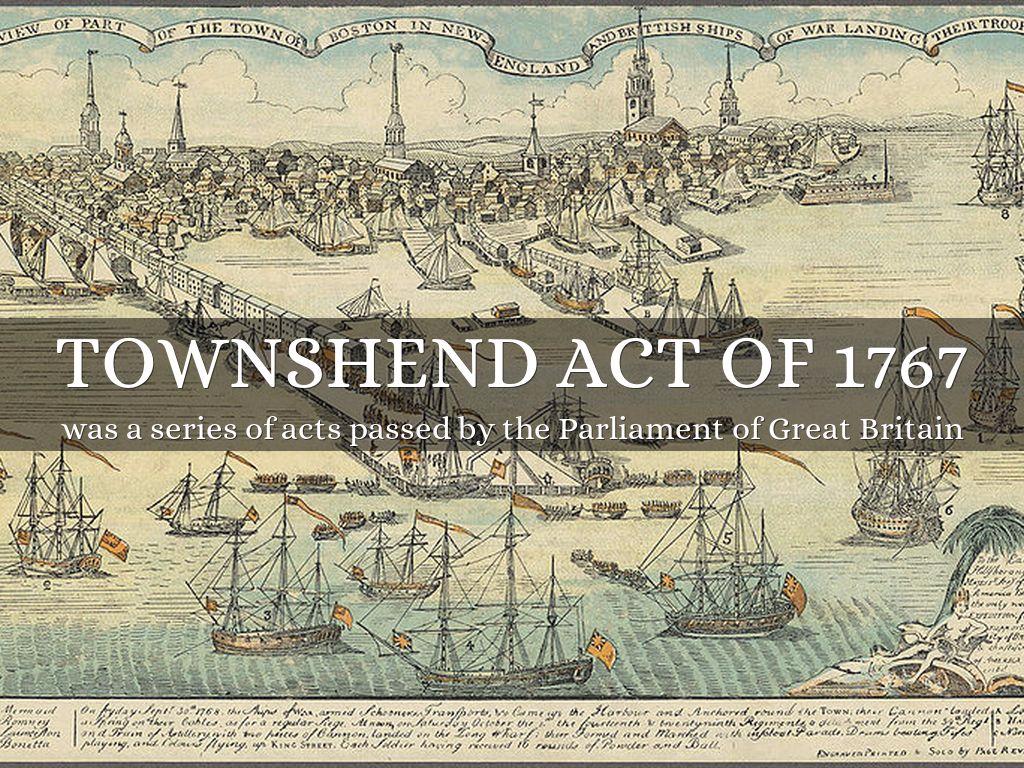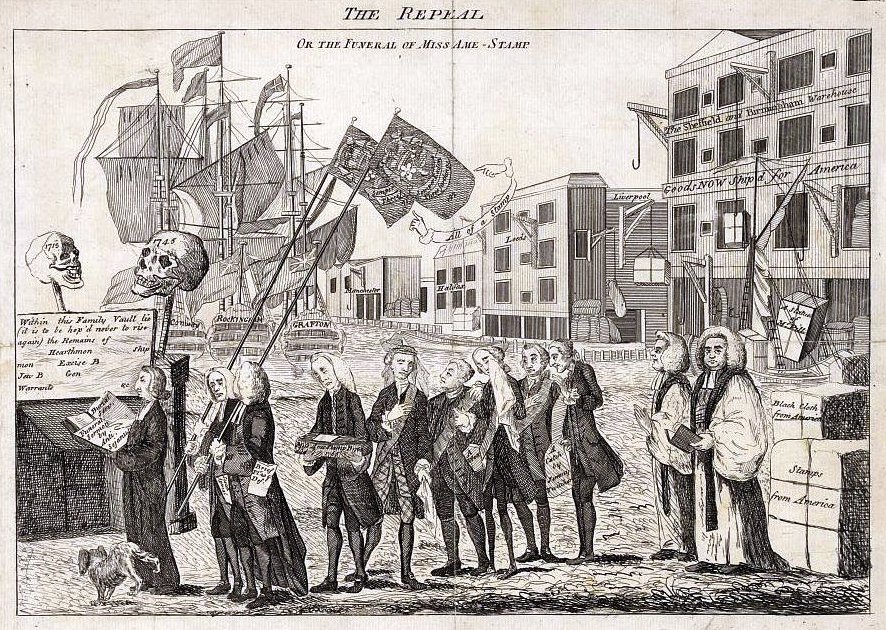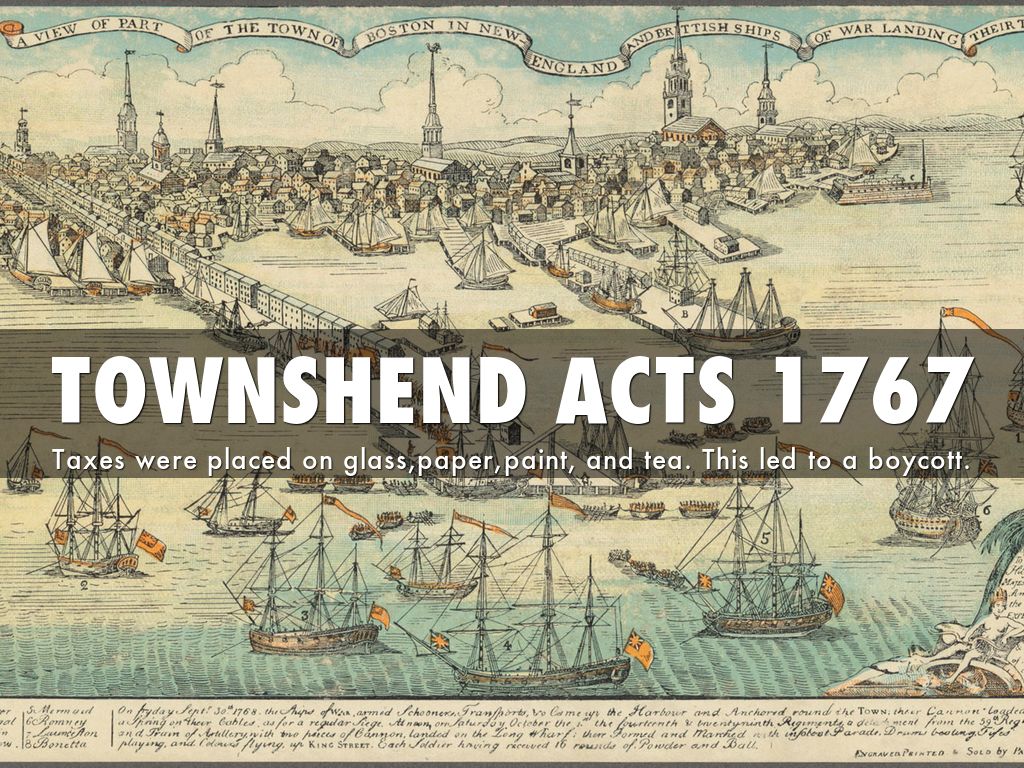Townshend Act Drawing
Townshend Act Drawing - Were collected, how much was received, and the provincial legislation. Web like the stamp act in 1765, the townshend acts led many colonists to work together against what they perceived to be an unconstitutional measure, generating the second major crisis in british colonial america. Web like the stamp act in 1765, the townshend acts led many colonists to work together against what they perceived to be an unconstitutional measure, generating the second major crisis in british colonial america. Because the colonists were not represented in parliament, they thought the passage of the acts was unfair. Web what were the key provisions of the townshend acts and what was the rationale of charles townshend and the british parliament in passing the kind of legislation that they did? Portrait by joshua reynolds, c. The revenue used from these duties would be used to pay for the colonial governors and judges. Web with the townshend act, new duties were placed on imports of glass, lead, paper, tea to the colonies from great britain. Web the townshend acts were a series of unpopular measures, passed by the british parliament in 1767, that taxed goods imported to the american colonies. The acts were deemed unconstitutional by the colonists, who protested them, helping to escalate the american revolution. The revenue used from these duties would be used to pay for the colonial governors and judges. Web the townshend acts (/ ˈ t aʊ n z ən d /) or townshend duties were a series of british acts of parliament passed during 1767 and 1768 introducing a series of taxes and regulations to enable administration of the british colonies in america. Chancellor of the exchequer, charles townshend, imposed new duties on imports of glass, lead, paint, paper, and tea to the colonies. Web with the townshend act, new duties were placed on imports of glass, lead, paper, tea to the colonies from great britain. It was the second time in the history of the colonies that a tax had been levied solely for the purpose of raising revenue. Web the townshend acts were a series of unpopular measures, passed by the british parliament in 1767, that taxed goods imported to the american colonies. For a second time, many colonists resented what they perceived as an effort to tax them without representation and thus to deprive them of their liberty. Web like the stamp act in 1765, the townshend acts led many colonists to work together against what they perceived to be an unconstitutional measure, generating the second major crisis in british colonial america. Web what were the key provisions of the townshend acts and what was the rationale of charles townshend and the british parliament in passing the kind of legislation that they did? They were composed of the suspending act, the townshend duties (revenue act), the act that created the board of the customs commissioners, and the indemnity act. The following resolves are agreed to by the tradesmen of this city. Web the townshend acts were four laws, passed by the british parliament in 1767, that angered colonists in north america. For a second time, many colonists resented what they perceived as an effort to tax them without representation and thus to deprive them of their liberty. They were. They were composed of the suspending act, the townshend duties (revenue act), the act that created the board of the customs commissioners, and the indemnity act. Web like the stamp act, the townshend acts produced controversy and protest in the american colonies. Web the townshend acts (/ ˈ t aʊ n z ən d /) or townshend duties were a. Web the townshend acts were a series of acts passed by the british parliament between 1767 and 1768 to tax and regulate the thirteen american colonies. The townshend acts, or townshend duties, tried to establish the british parliament's right to tax the american colonies. Web the townshend acts, passed in 1767 and 1768, were designed to raise revenue for the. The revenue used from these duties would be used to pay for the colonial governors and judges. Web with the townshend act, new duties were placed on imports of glass, lead, paper, tea to the colonies from great britain. They were composed of the suspending act, the townshend duties (revenue act), the act that created the board of the customs. Web the townshend acts were a series of unpopular measures, passed by the british parliament in 1767, that taxed goods imported to the american colonies. Web like the stamp act in 1765, the townshend acts led many colonists to work together against what they perceived to be an unconstitutional measure, generating the second major crisis in british colonial america. Because. It was the second time in the history of the colonies that a tax had been levied solely for the purpose of raising revenue. Web on 29 june 1767 parliament passes the townshend acts. Web the townshend acts were four laws, passed by the british parliament in 1767, that angered colonists in north america. Web the townshend acts, passed in. They bear the name of charles townshend, chancellor of the exchequer, who is—as the chief treasurer of the british empire—in charge of economic and financial matters. Reflecting on the salutary [beneficial/curative] measures entered into by the people of boston and this The following resolves are agreed to by the tradesmen of this city. Web like the stamp act in 1765,. Web on 29 june 1767 parliament passes the townshend acts. They bear the name of charles townshend, chancellor of the exchequer, who is—as the chief treasurer of the british empire—in charge of economic and financial matters. Web like the stamp act in 1765, the townshend acts led many colonists to work together against what they perceived to be an unconstitutional. Reflecting on the salutary [beneficial/curative] measures entered into by the people of boston and this Web like the stamp act, the townshend acts produced controversy and protest in the american colonies. The townshend acts, or townshend duties, tried to establish the british parliament's right to tax the american colonies. They were met with widespread protest in the colonies, especially among. The acts were deemed unconstitutional by the colonists, who protested them, helping to escalate the american revolution. Web the townshend acts (/ ˈ t aʊ n z ən d /) or townshend duties were a series of british acts of parliament passed during 1767 and 1768 introducing a series of taxes and regulations to enable administration of the british colonies. Web charles townshend, chancellor of the exchequer, shown here in a 1765 painting by joshua reynolds, instituted the townshend revenue act of 1767 in order to raise money to support the british military presence in the colonies. Web the townshend acts were a series of laws passed in 1767 by british parliament that restructured the administration of the american colonies and placed duties on certain goods being imported into them. Web like the stamp act in 1765, the townshend acts led many colonists to work together against what they perceived to be an unconstitutional measure, generating the second major crisis in british colonial america. Web like the stamp act in 1765, the townshend acts led many colonists to work together against what they perceived to be an unconstitutional measure, generating the second major crisis in british colonial america. Web the townshend acts, passed in 1767 and 1768, were designed to raise revenue for the british empire by taxing its north american colonies. Reflecting on the salutary [beneficial/curative] measures entered into by the people of boston and this The townshend acts, or townshend duties, tried to establish the british parliament's right to tax the american colonies. Web townshend acts, series of four acts passed by the british parliament in 1767 in an attempt to exert authority over the american colonies. Web charles townshend, chancellor of the exchequer, shown here in a 1765 painting by joshua reynolds, instituted the townshend revenue act of 1767 in order to raise money to support the british military presence in the colonies. Web the townshend acts were a series of unpopular measures, passed by the british parliament in 1767, that taxed goods imported to the american colonies. Because the colonists were not represented in parliament, they thought the passage of the acts was unfair. The acts were deemed unconstitutional by the colonists, who protested them, helping to escalate the american revolution. Earlier attempts to impose duties, such as the sugar act (1764) and the stamp act (1765) had resulted in violent protests. The revenue used from these duties would be used to pay for the colonial governors and judges. They bear the name of charles townshend, chancellor of the exchequer, who is—as the chief treasurer of the british empire—in charge of economic and financial matters. It was the second time in the history of the colonies that a tax had been levied solely for the purpose of raising revenue.Townshend Act by jackson.stafford
Room 5 U.S. History The Townshend Acts
Townshend Act Clipart
French And Indian War by Lizbeth Bautista
Townshend Acts Definition, Facts & Purpose HISTORY
Pin on CS 5th
Boston and The British Government Sutori
townshend acts Tenth Amendment Center
All The Acts by Julian Sanchez
the townshed acts cover art for an article about tax on tea and how to
The Townshend Acts Also Expanded The Customs Service.
Web With The Townshend Act, New Duties Were Placed On Imports Of Glass, Lead, Paper, Tea To The Colonies From Great Britain.
Web On 29 June 1767 Parliament Passes The Townshend Acts.
Web Like The Stamp Act In 1765, The Townshend Acts Led Many Colonists To Work Together Against What They Perceived To Be An Unconstitutional Measure, Generating The Second Major Crisis In British Colonial America.
Related Post:









